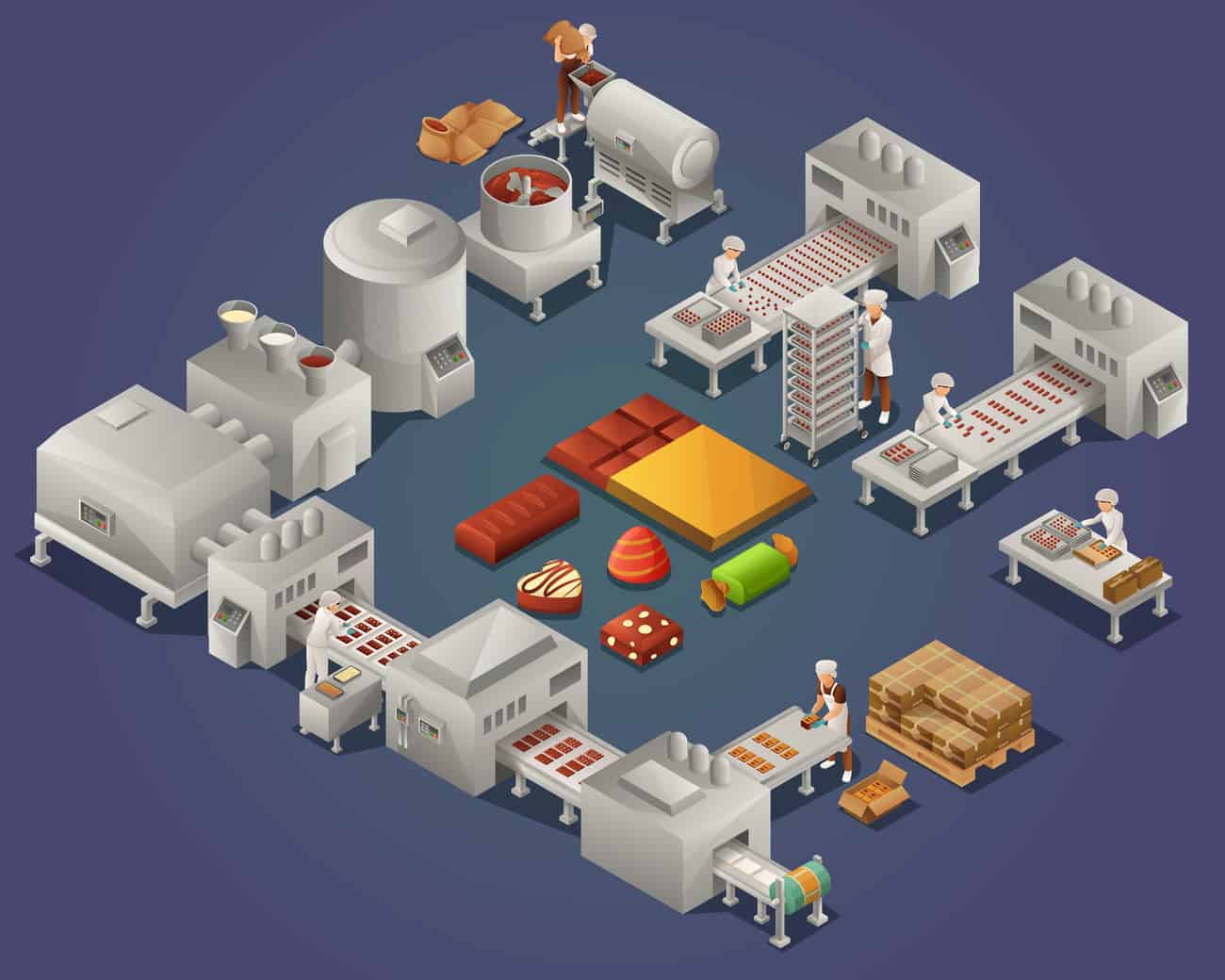- Phone: 306-970-1552
- connect@gentleprocessing.ca
- 18-301 South Industrial Dr. Prince Albert, SK S6V 7L7, Canada

Innovation in the food processing industry is continuously evolving to meet the demands of a rapidly changing world. Emerging technologies such as robotics, automation, and artificial intelligence (AI) are revolutionizing food processing operations. This article explores the impact of these technologies and their potential to enhance efficiency, productivity, and food safety in the industry.
Robotic systems are increasingly being integrated into food processing operations, offering a range of benefits. With their precision, speed, and versatility, robots can perform repetitive and labor-intensive tasks with greater accuracy and consistency than human workers. They can handle activities such as sorting, packaging, palletizing, and even complex tasks like meat cutting and quality inspection. The use of robots not only increases productivity but also improves worker safety by reducing their exposure to hazardous environments.
Automation plays a crucial role in streamlining food processing operations. Automated systems, including conveyor belts, sensors, and control systems, enable efficient movement of ingredients and finished products throughout the production line. They help optimize processes, reduce human error, and ensure consistency in quality and portion control. Automation also enables real-time data collection and analysis, allowing for better decision-making and process optimization.
Artificial intelligence is transforming the food processing industry by enabling machines to simulate human intelligence and perform complex tasks. AI algorithms can analyze vast amounts of data to optimize processes, detect anomalies, and improve product quality. Machine learning algorithms can be trained to identify defects, sort products, and predict equipment failures, enhancing overall efficiency and reducing waste. AI-powered systems can also improve food safety by detecting contaminants or foreign objects in real-time, minimizing the risk of product recalls.
The integration of robotics, automation, and AI in food processing brings numerous advantages to the industry:
By automating manual tasks and utilizing robotics, food processing operations can achieve higher levels of efficiency and productivity. Automated systems can operate 24/7, ensuring continuous production and reducing downtime. With faster processing times and improved accuracy, manufacturers can meet growing demands and optimize resource utilization.
Emerging technologies enhance food safety by minimizing human contact and reducing the risk of contamination. Robots and automated systems maintain strict hygiene standards, reducing the potential for foodborne illnesses. AI-powered systems can detect anomalies, defects, and contaminants in real-time, enabling prompt corrective actions and ensuring product quality and safety.
Technologies such as AI and automation enable comprehensive data collection and traceability throughout the production process. This facilitates accurate tracking of ingredients, production conditions, and quality control measures. Improved traceability not only supports regulatory compliance but also enables faster and more targeted recalls in the event of quality or safety issues.
The adoption of robotics and automation reduces the reliance on manual labor, leading to potential cost savings for food processors. Robots can perform tasks efficiently and consistently, eliminating the need for repetitive and physically demanding work. Automation also reduces the risk of human error, minimizing waste and optimizing resource utilization.
Emerging technologies allow for increased innovation and customization in food processing. Robotics and automation enable the development of new product variations, packaging options, and production techniques. AI algorithms can analyze consumer preferences and market trends to support the development of personalized and targeted food products.
As technology continues to advance, the potential applications of robotics, automation, and AI in food processing are vast. The industry can expect further advancements in areas such as autonomous mobile robots, machine vision systems, predictive analytics, and collaborative robotics. These innovations will continue to reshape the landscape of food processing, improving efficiency, sustainability, and food safety.
Emerging technologies, including robotics, automation, and artificial intelligence, are revolutionizing the food processing industry. These technologies offer increased efficiency, improved food safety, enhanced traceability, and significant cost savings. By embracing these innovations, food processors can adapt to changing consumer demands, optimize their operations, and stay competitive in a rapidly evolving market.